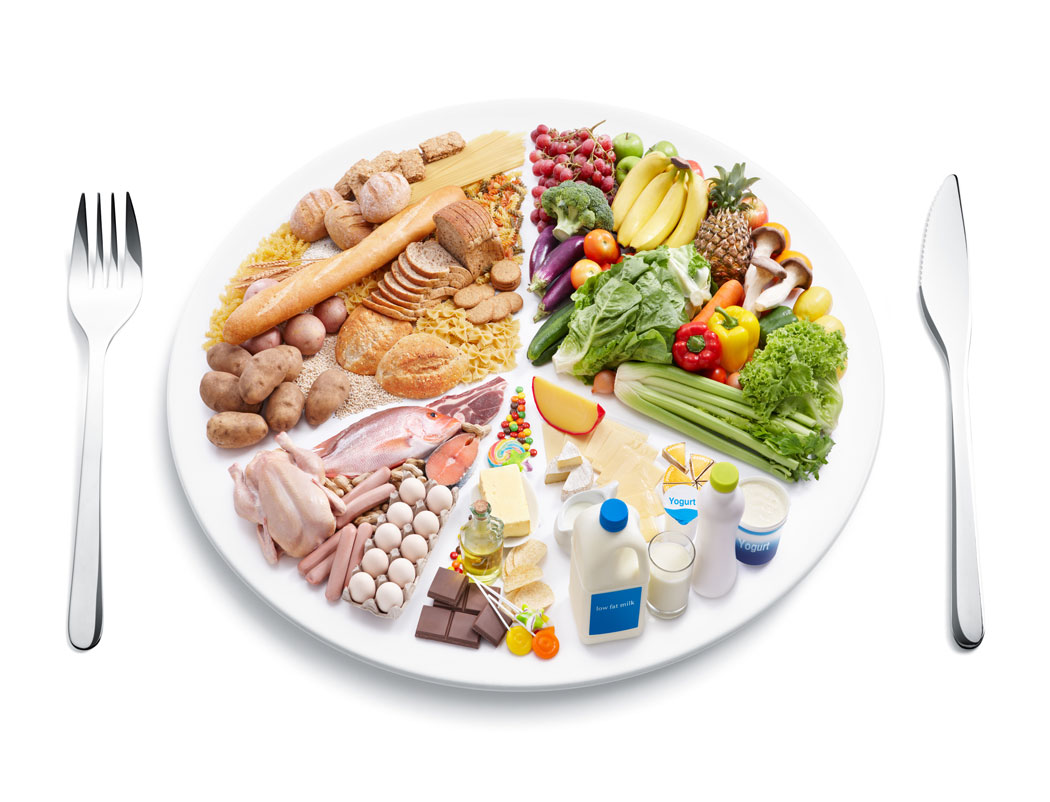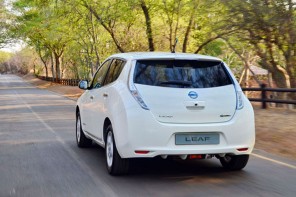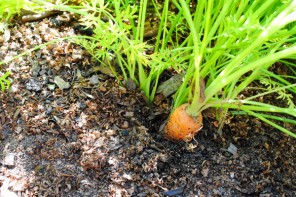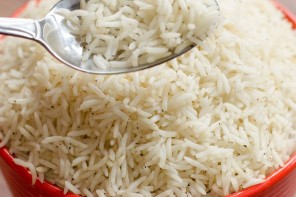New diets are always in fashion, but it’s often not easy knowing how to separate the good from the bad. Here are five popular planet-friendly diets that are good for you as well as being healthy for the earth!
Locavore Diet
A locavore is a person who is interested in food that is produced locally. The locavore diet is all about being eco-friendly, so foods that have to travel long distances will not be allowed in it. There are three types of locavores:
- Ultrastrict: These people only consume ingredients that have been produced locally, no exception!
- Marco Polo: These people will stick to local-only ingredients, but make exceptions for dried spices.
- Wild card locavores: These followers of the diet bend the rules when it comes to certain foods (like chocolate imported from Belgium that they simply can’t do without!). However, some will at least focus on ensuring these exceptions are fair trade certified products.
You lower your carbon footprint by choosing to dine on foods that are produced within close proximity, plus you support local businesses and products.
BPA-Free Diet
Bisphenol-A (BPA) is a chemical that has been said to cause a range of health conditions, such as type 2 diabetes and cancer. BPA disrupts endocrine in the body. This is dangerous because the endocrine system hormones regulate so much in the body, such as tissue function, mood, growth, metabolism and the reproductive process. BPA finds its way into your food by being present in plastic and plastic liners found inside cans, so by cutting it out completely you have to be more aware of how your food is packaged. You can prevent diseases from this harmful chemical by focusing on foods that are as fresh as possible. This also limits the amount of packaging and plastic that ends up in landfills.
Flexitarian Diet
If you aren’t ready to choose a complete vegan diet just yet, it doesn’t mean you can’t minimise the impact on the planet’s resources. The Flexitarian Diet is about cutting down the amount of meat you eat. An example would be not eating meat for a day or two every week. Nothing else is off limits in the diet. You can make it even healthier and more eco-friendly by not only lowering how much meat you consume, but also making those days dairy-free or vegan. A U.N. report found that if people halved their consumption of dairy, eggs and meat, they could decrease greenhouse gas emissions by up to 40 percent!
GMO-Free Diet
Getting rid of genetically modified foods from your diet is a must. When rats were fed genetically modified potatoes in a study, the results were shocking: they had smaller brains, smaller livers, larger spleens and suppressed immune systems. In the environment, GMO plants lack genetic diversity, which makes them more prone to, and damaged by, fungus, insects and droughts. You can cut GMO foods from your diet by reading labels – look for ‘Non GMO’ foods and avoid products that are common targets for genetically modified practices: these include soy, canola oil, cottonseed oil, and corn. Here in South Africa, it’s shocking to note that many of our white breads are genetically modified, so they’re worth giving a skip, too.
Eco Atkins Diet
This is the vegetarian spin on the regular low-carb Atkins diet. It was established by Canadian researchers who found that the Eco Atkins version was a blend between a low-carb diet and a vegan one, resulting in weight loss and decreased cholesterol, giving you the best of both. In the eco version of the Atkins, high-fat animal protein is replaced with vegetable protein. This mainly comes from gluten and soy. Healthy fats include nuts, beans, fruits and vegetables. Since soy is often a GMO food, it’s best to switch it for other sources of protein, such as tofu, cereals, nuts and vegetables.
Image credit here











